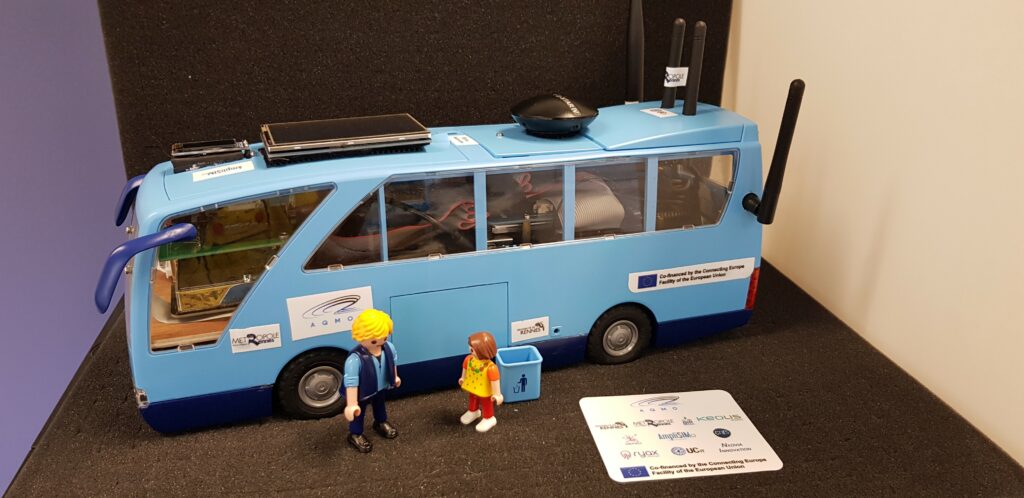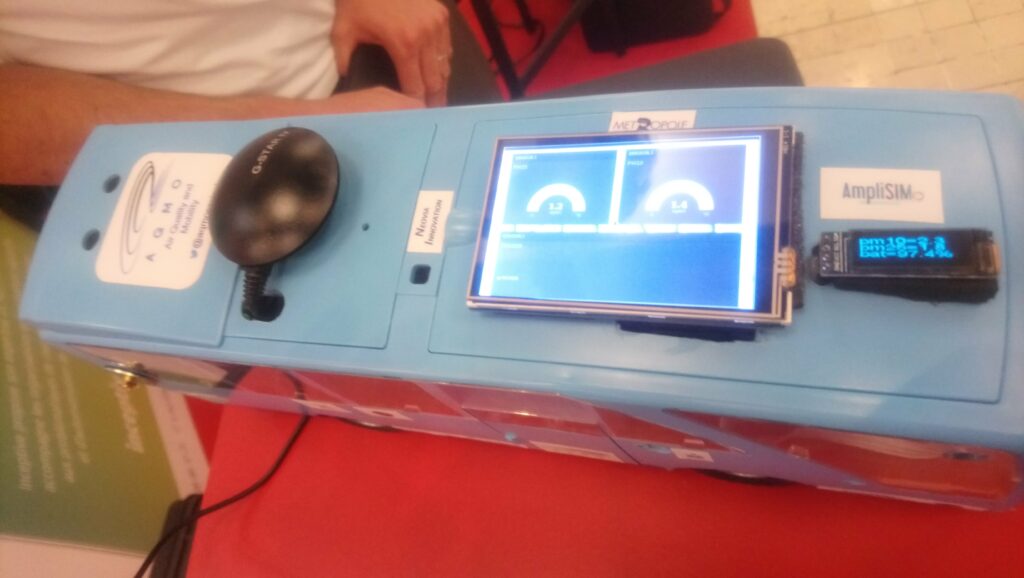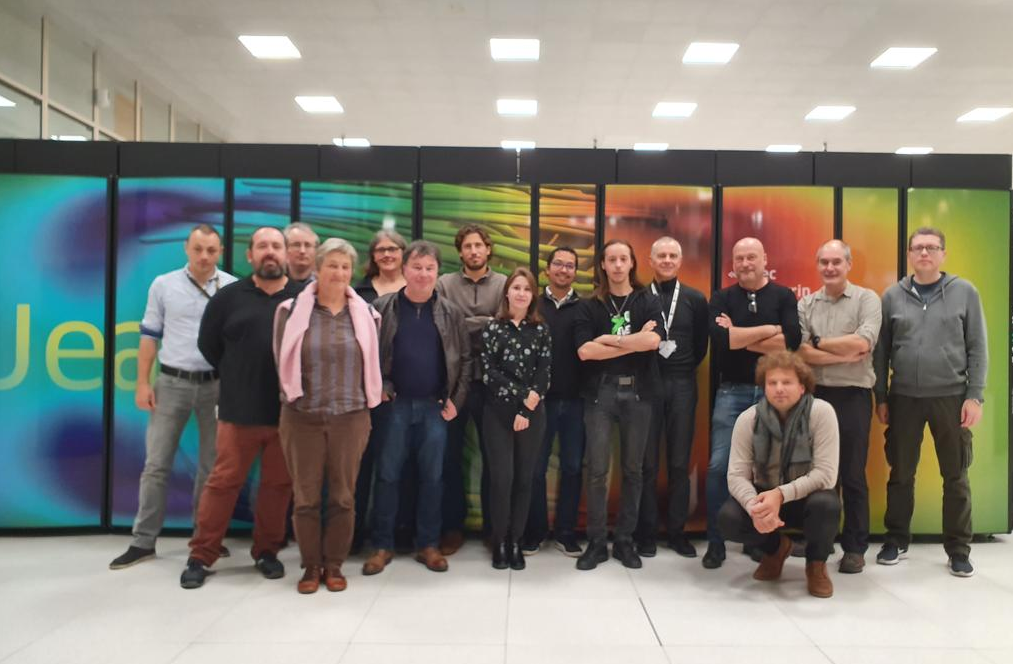Many metropolises are struggling to reduce air pollution. At the core of this issue are two important requirements: getting a better temporal and spatial measurement coverage, and having the ability to use simulations to answer ”what-if” questions. The AQMO project provides an end-to-end urban platform based on an edge-to HPC and cloud hybrid computing model fuelled by Open Data.
The AQMO platform is deployed in the Rennes metropolitan area (Brittany, France) which consists of 43 cities and is the 12th largest metropolis in France in terms of population.
A transversal approach was chosen for the design, that spans from sensors to supercomputers in order to deliver day-to-day data as well as capabilities to help catastrophic event handling, denoted as “urgent computing”. The AQMO project explores the use of High-Performance Computing (HPC) both centrally in supercomputing centres and distributed on enhanced sensors (Edge computing) or cloud resources. HPC capabilities are necessary to perform accurate numerical simulations of pollution dispersion, including sensors data-assimilation.
The dissemination of the platform and its use by other cities will be eased by its modular design: transferable and replicable systems, and addition data and capabilities can be added thanks to open Application Program Interfaces.
To achieve, in a cost-effective manner, rigorous air quality measurements in a wide area, the local transportation bus network is enhanced with mobile sensors. In the case of measurements for catastrophic event, the use of drones is explored, in connection with the UAV-Retina project supported by the EIT-Digital. AQMO is implementing HPC as a service as a mean to provide both routinely and also on-demand air quality simulations. The resulting data will be made available to citizens thanks to the Open-Data Metropolitan Service that is being developed by Rennes Métropole. Metadata will be published on the French national Open Data Portal and the European Data Portal.
The project consortium gathers the University of Rennes 1 (coordinator), GENCI, Rennes Métropole, the organization in charge of air quality monitoring in Brittany (Air Breizh), a bus operator (Keolis Rennes), a supercomputing centre (CNRS-IDRIS) and four SMEs (AmpliSIM, Neovia Innovation, Ryax Technologies and UCit).
The AQMO platform has been under test for over a year now in a few of the Rennes Metropolis’ buses and has remained stable during the full experiment. The design choices have been proven to fit the project needs, with new sensors needed to get a measurement context. For instance, the team wants to be able to explain the detection of peaks of particles. The partners have implemented a smart camera that will be added to the platform to help with these detections.
The year 2020 is dedicated to deploying the platform in 20 buses to start the monitoring of the air quality (based on AlphaSense OPC-N3 sensors) in the whole Rennes metropolis.







